Society of Scholars
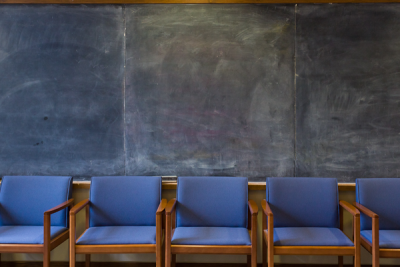
The Society of Scholars is an intellectual community of humanists of diverse generations, academic ranks, and departmental affiliations who contribute to and learn from one another’s work. Each year, approximately eight faculty and three dissertation research fellowships support members of the Society of Scholars. Scholars in year-long residence at the University of Washington may be invited to participate as well. The group meets biweekly throughout the year to discuss their research in progress.
Apply for the Fellowship (Faculty)
2025 - 2026 Society of Scholars
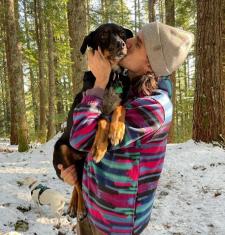
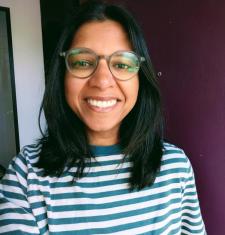
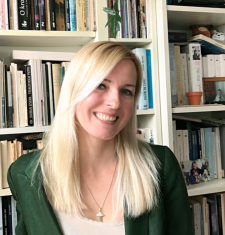
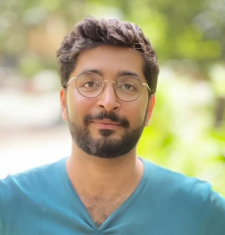
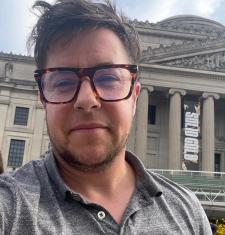
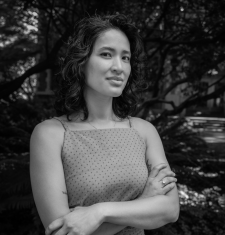
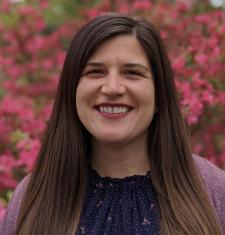
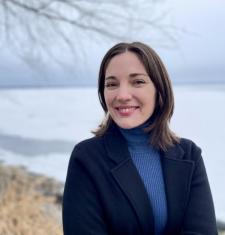
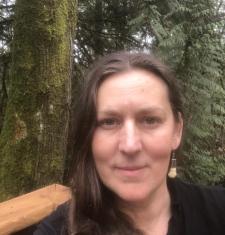
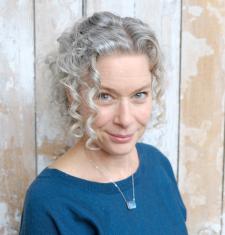
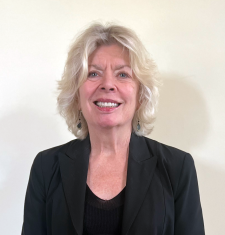
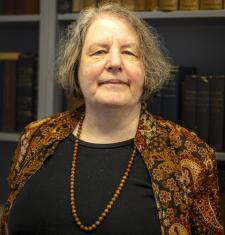
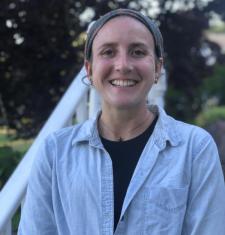
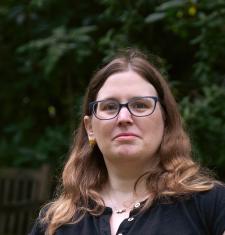

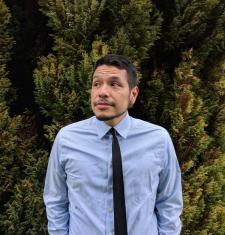
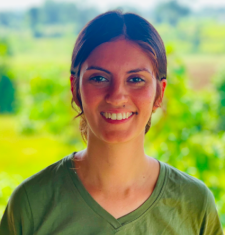

2023 - 2024 Society of Scholars Fellow
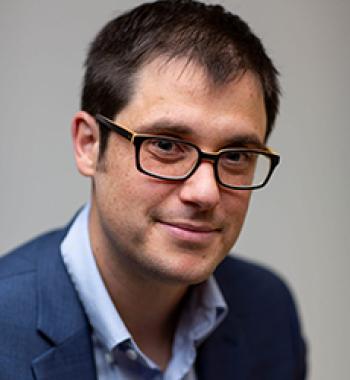
P. Joshua Griffin (he/him/his)
Kivalina’s Horizons: Iñupiaq Resurgence in an Age of Climate Change
This book project draws on twelve years of collaborative knowledge production with Kivalina—a 500-person Iñupiaq community in Northwest Alaska, located on a barrier island at the edge of the Chukchi Sea. Combining environmental history and contemporary ethnography, Kivalina's Horizons situates the disruptions of Arctic climate change in the context of ongoing colonialism, extractive capitalism, and Indigenous resurgence practices. At the intersection of Indigenous studies, environmental humanities, and critical anthropology, the book especially attends to the ways in which community members are sustaining, restoring, and strengthening crucial ecological and social relationships amid the intensifying disruptions of the Anthropocene.